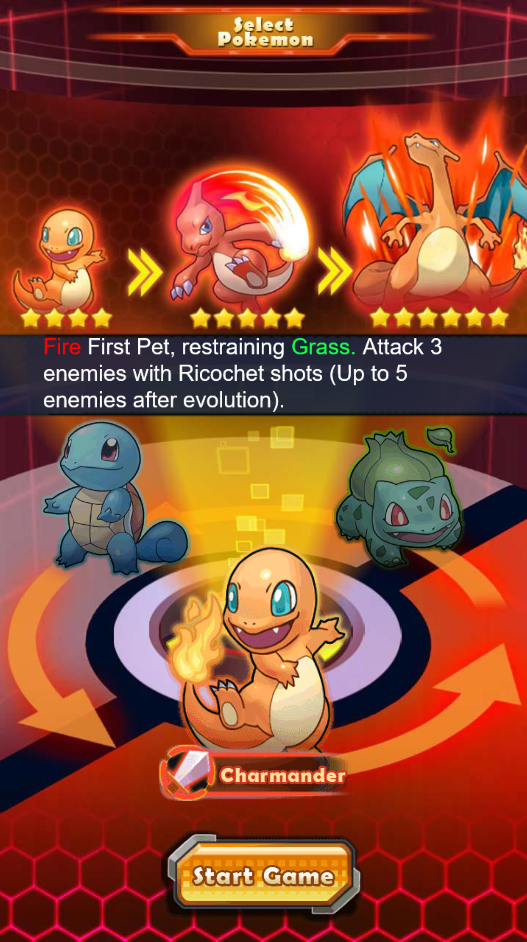

It's loaded because it has implications for health disparities. So disorder is a very loaded term and it's loaded because of stigma of mental health. So I think there are a few layers of issues in this. And that's that's the psychological task we're up against.

When a person in your world who was life defining, who made life worth living isn't physically here anymore. I mean, you know, this is about chasing life, right? This is about figuring out how do you connect with life again. How do I coexist with my grief? How do I create a life that feels worth it enough and has enough of the ingredients that matter to me and that allows me to stay connected to this person? How do I continue to keep that relationship as mattering in my world? Coexist with the pain as it comes in the ways that it comes and find other elements of the world that make make it worth sticking around for. A different way to think about it is to think about how you can find your way and learn to coexist with your grief. And yes, of course, the impact of that loss is forever. It's about the love, the attachment, the connection, and that we don't expect that to ever end that person matter. So that's so important to to to get that message out that there is no expectation that grief ends because then it's about the relationship. So when we have these popular ideas, like the five stages of grief, we also want to debunk the myth that there is this set path and that everybody grieves in some prescribed order. And where I think we see some of the biggest struggles for people is when they're should-ing themselves around their grief, when they're self assessing and saying, I should be feeling better by now, I should be able to do this. I should be going through this stage right now. Can someone tell me the way this is going to look? Offering that, though, when it doesn't like that, then leaves people in the shoulds. We want to know that there's, you know, an order to this. These states can overlap and that there is no universal order or way that people grieve. The way that we think about it is that people can go through periods of time where some emotional state is more dominant than others.

It is, again, a dangerous line to go down because it can end up feeling like it's prescriptive to say that on average, we see, you know, people have these different phases that they go through. And so when we are grieving and as we get older and are observing our own grief and saying, what the heck am I experiencing here? That is because it it's this belly level reaction to separation. And that is that separation distress reaction. You can see all the emotions that a lot of us feel when we're grieving.

You know, thinking of an infant, a toddler with their primary caregiver and thinking of that moment of separation, I think of when the adult walks out of the room and you can imagine, conjure up in your mind this child wailing. So I think the frame that we we look at this with is what the purpose of relationships and attachments are and the evolutionary benefit of the way we attach right that it promotes survival for parents to protect their young and for the young to yearn for union with the safety of their parent.


 0 kommentar(er)
0 kommentar(er)
